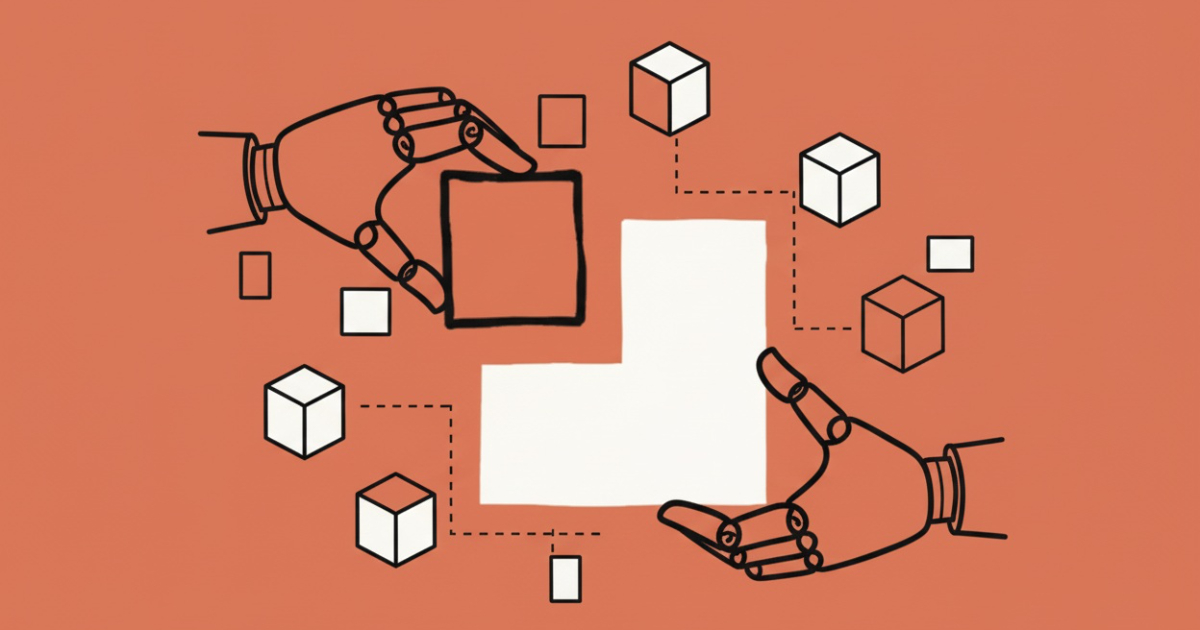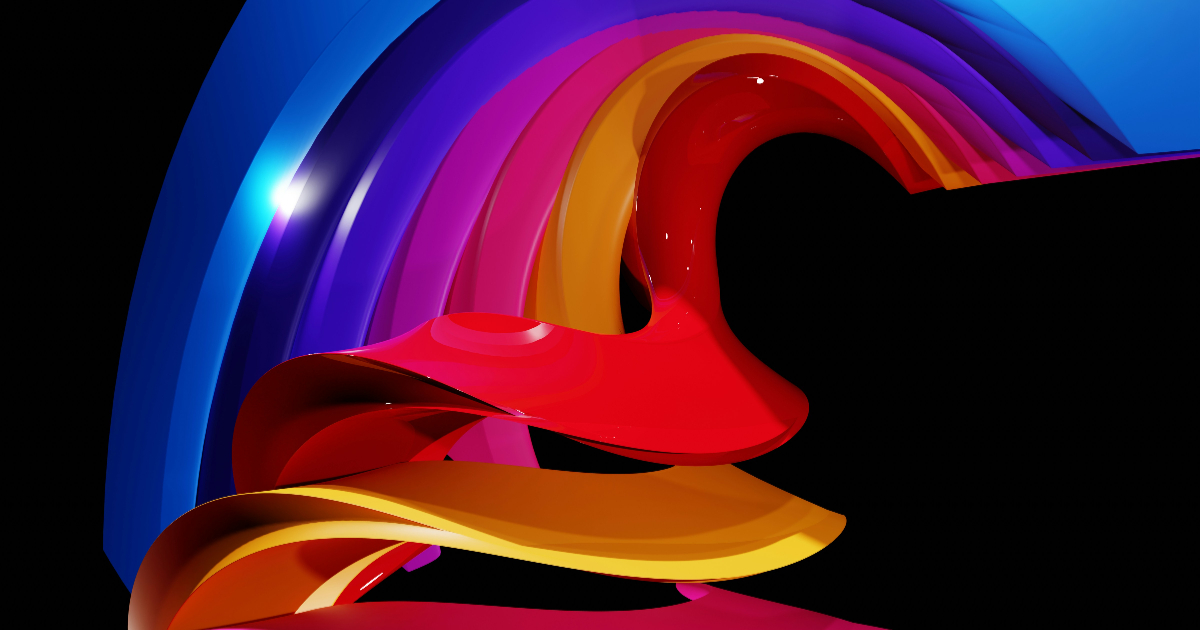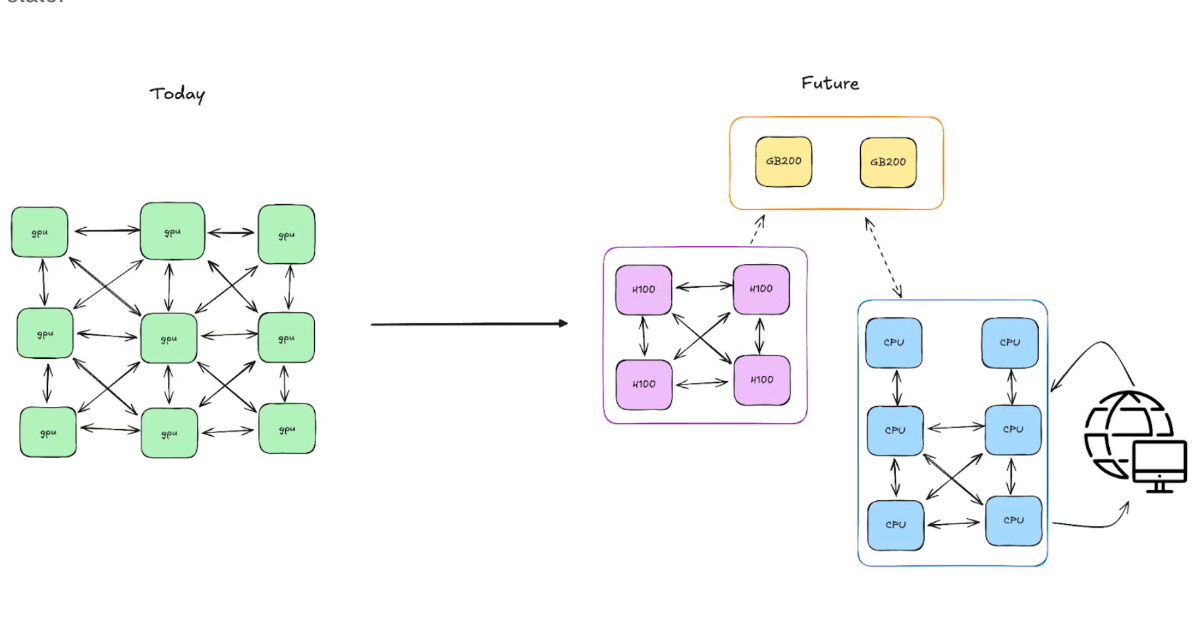Codetown
Codetown ::: a software developer's community
OrlandoJUG ::: Open Spaces Meeting 4/25
Join us for an Open Spaces meeting this month, hosted by your JUG Leader, Michael Levin. Open Spaces is a style of meeting in which everyone gets the chance to contribute. Mike has had many meaningful and enjoyable experiences over the years both leading and participating in Open Spaces meetings. This will be a pot luck dinner style meeting with sponsors Cambridge Web Design, www.cambridgeweb.ie and another sponsor TBA. So, please bring a tasty dish and or beverage if you can. Don't worry if you can't bring anything. Just bring some energy to participate and an appetite. Please RSVP here on this event announcement (you must be a Codetown member to see the RSVP option here, otherwise it's invisible!) And, please help us by spreading the word about these meetings, and invite some friends. The Codetown invite feature us a great way to spread the word. Also, be sure to join the OrlandoJUG group here on Codetown to be notified about all the OrlandoJUG activities. Here is a description of Open Spaces style meeting coordination: http://en.m.wikipedia.org/wiki/Open_Space_Technology We will eat potluck goodies and visit from 6-7PM and have the Open Spaces meeting from 7-9pm. As always, I hope to see you there! All the best, Mike Levin OrlandoJUG Chairman
PS - Please let me know about any topics or presenters you know and I'll do my best to get 'em going!
Stay tuned for updates...and enjoy our fine Spring weather here in the Swamp!
Tags:
Replies to This Discussion
Notes
Welcome to Codetown!
 Codetown is a social network. It's got blogs, forums, groups, personal pages and more! You might think of Codetown as a funky camper van with lots of compartments for your stuff and a great multimedia system, too! Best of all, Codetown has room for all of your friends.
Codetown is a social network. It's got blogs, forums, groups, personal pages and more! You might think of Codetown as a funky camper van with lots of compartments for your stuff and a great multimedia system, too! Best of all, Codetown has room for all of your friends.
Created by Michael Levin Dec 18, 2008 at 6:56pm. Last updated by Michael Levin May 4, 2018.
Looking for Jobs or Staff?
Check out the Codetown Jobs group.
InfoQ Reading List
Google Cloud KMS Launches Post-Quantum KEM Support to Combat "Harvest Now, Decrypt Later" Threat

Google Cloud's Key Management Service now supports post-quantum Key Encapsulation Mechanisms (KEMs), addressing future threats from quantum computing. This update empowers organizations to prepare against "Harvest Now, Decrypt Later" attacks while ensuring long-term data confidentiality.
By Steef-Jan WiggersAnthropic Introduces Skills for Custom Claude Tasks

Anthropic has unveiled a new feature called Skills, designed to let developers extend Claude with modular, reusable task components.
By Daniel DominguezAWS Launches EC2 Capacity Manager for Centralized, Cross-Account Capacity Optimization

Introducing Amazon EC2 Capacity Manager: AWS's new centralized solution for streamlined monitoring and management of EC2 capacity across all accounts and regions. This innovative tool consolidates data into a unified dashboard, enhancing efficiency while reducing operational complexity.
By Steef-Jan WiggersCloudflare Introduces Email Service to Compete with Amazon SES, Resend, and SendGrid

During Cloudflare's recent Birthday Week, the company announced the private preview of its Cloudflare Email Service. This new globally managed service enables developers to send and receive emails directly from Workers using native bindings, without the need for API keys.
By Renato LosioPyTorch Monarch Simplifies Distributed AI Workflows with a Single-Controller Model

Meta’s PyTorch team has launched Monarch, a framework that simplifies distributed AI workflows across multiple GPUs and machines. It uses a single-controller model to manage computations across a cluster, making large-scale training and reinforcement learning tasks easier while allowing developers to keep their standard PyTorch coding practices.
By Robert Krzaczyński
© 2025 Created by Michael Levin.
Powered by
![]()